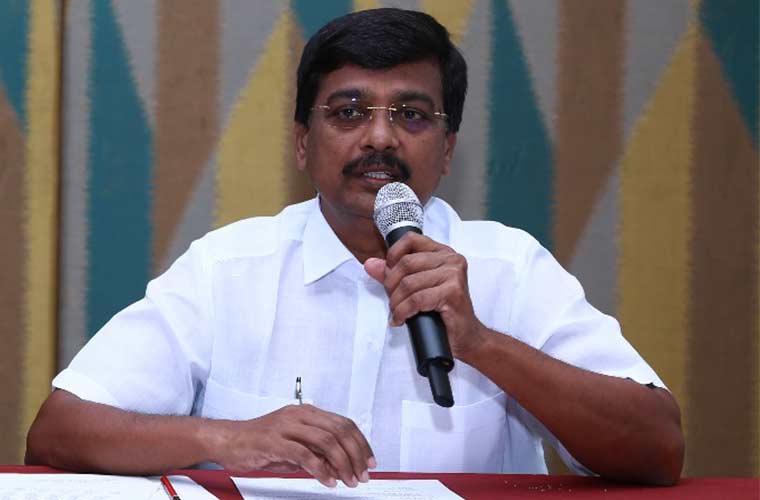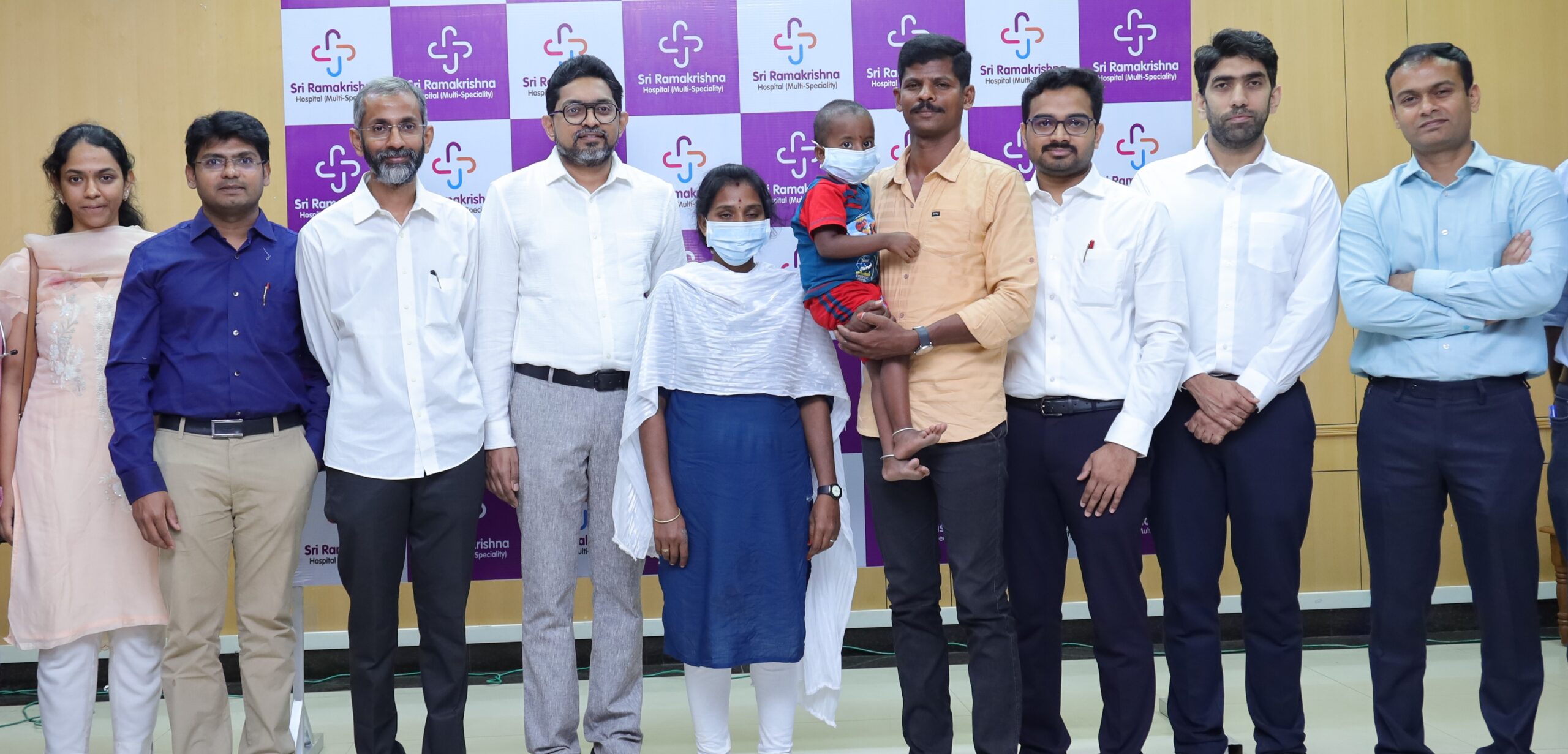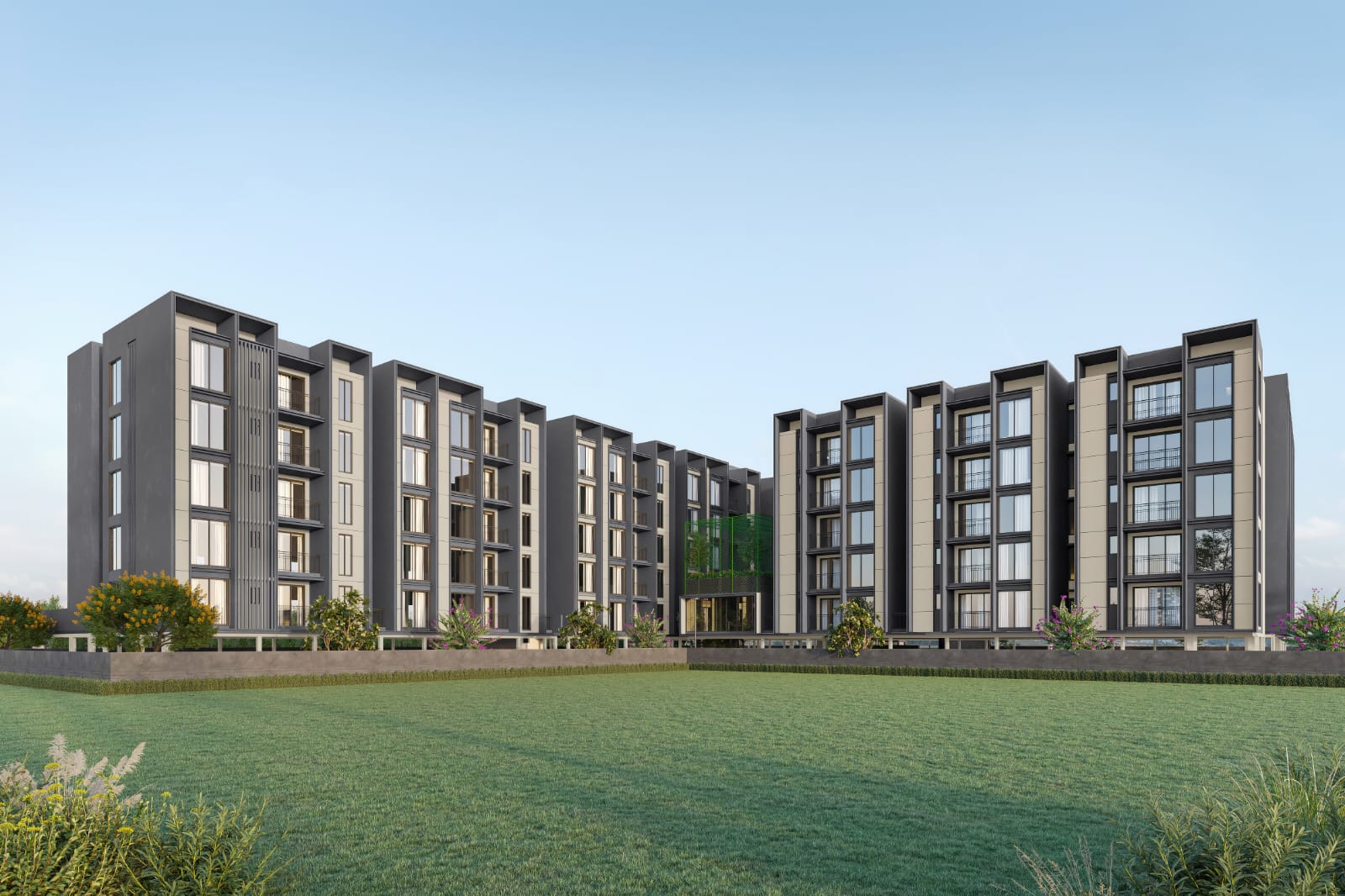Trending Now
- 830 voters names go missing in Kavundampalayam constituency
- If BJP comes to power we shall consider bringing back electoral bonds: Nirmala Sitaraman
- Monitoring at check posts between Kerala and TN intensified as bird flu gets virulent in Kerala
Coimbatore
Certain GST anomalies need to be addressed on war footing: SIMA chief
![]() September 14, 2017
September 14, 2017
The newly-elected chairman of Southern India Mills’ Association (SIMA), P. Nataraj, on Thursday said there were few major problems and ill-effects due to certain GST anomalies that need to be addressed on a war footing to bring all the stakeholders of the textile industry under GST net, enable the Indian textiles and clothing products remain globally competitive.
Talking to reporters here, Nataraj thanked and appreciated the strenuous efforts taken up by Union Textile Minister and personally taking up the needs of the textile industry while implementing the GST, classifying the entire cotton textile value chain and also all the textile job work under the lowest and seamless GST slab of 5 per cent.
“The lowest rate had protected the livelihoods of over 40 million people involved in cotton farming and trading community, made cotton to continue to remain as the engine of growth for the Indian textile industry and clothe the people of the nation at an affordable cost,” Nataraj said.
Stating that for processed cotton fabrics, the accumulation of input tax credit (ITC) would range between 3 and 5 per cent of the sale value, he said that the dyes and chemicals account over 30 per cent of the processing charge that attract 18 per cent GST while the fabric or job work is levied with 5 per cent.
“Yet another genuine demand of the synthetic sector was the reduction of GST rate on man made fibre (MMF) spun yarn including sewing thread filament yarns from 18 to 12 per cent,” he said.
The power loom sector and independent weaving units that produced over 95 per cent of the woven fabric was burdened with 18 per cent on yarn while the vertically integrated units did not have such a problem as they need to pay 18 per cent GST for fibres and only 5 per cent GST on fabrics and the cost difference works out to five to seven percent, he pointed out.
Nataraj appealed to the GST Council to sort out both the anomalies of refunding the accumulated ITC at any stage of manufacturing especially processed fabrics and also reduce the GST on MMF spun yarn including filament sewing threads from 18 per cent to 12 per cent.
SIMA chairman also appealed to the Centre to refund the accumulated input tax credit at fabric stage that had been singled out to avoid cost escalation, encourage make in India, reduce import of fabrics, avoid job losses especially in the highly vulnerable sectors like power loom, hand loom and processing.
Highly appreciating the bold and proactive initiatives taken by Prime Minister, Narendra Modi and Textile Minister Smriti Irani, Nataraj said that. demonetisation and GST (one tax–one nation) were the two revolutionary policies interventions implemented by the NDA Government within a year to create a healthy business environment, curb evasion and corruption, ensure compliance, enhance global cost competitiveness, improve growth rate, facilitate ease of doing business.























